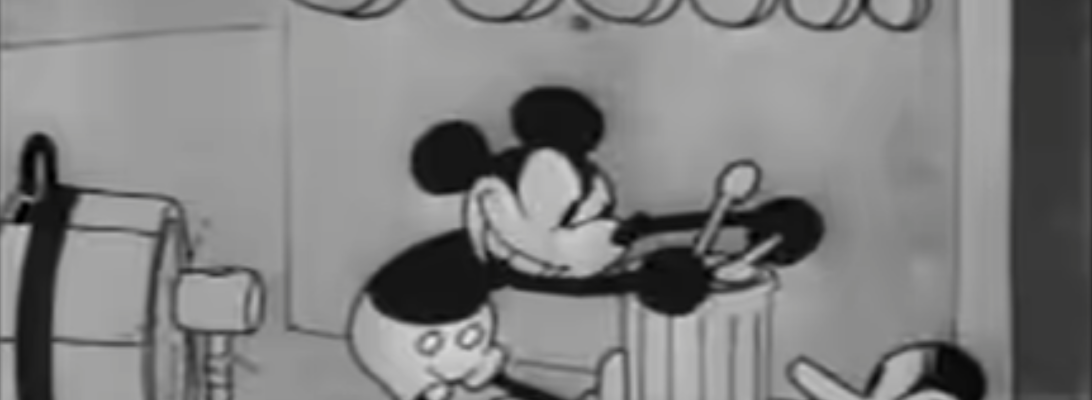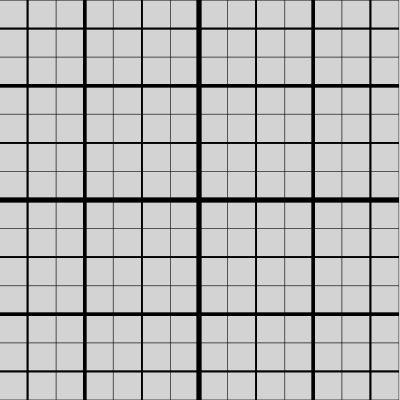There’s been a lot of clamour about generative AI for images, like Midjourney or Stable Diffusion. It’s killing creating jobs or whole industries; it’s illegally using copyrighted data for training purposes; it’s eroding the nature of art itself. I’m sure there are many out there who would be happy to see an outright ban on AI image generators and the like.
On the other hand, it’s undeniable that this is a valuable technology. Not just for the corporations making them, but of benefit to the world. Sure, every artist unpaid is someone else’s money saved, but also as the costs of art fall, that democratises everything around art. A friend of mine made personalised Christmas card this year, a small joy of the world that simply would not have occurred before. I co-wrote a custom murder mystery with ChatGPT in barely longer time than it took to play. The lowering skills bar for indie comics and games is something I hope leads to a profusion of new original things, much as digital art and games engines have spurred it in the past.
How can we resolve these things, to have our cake and eat it? Well, society has faced this problem before and has found a solution that, though imperfect, has endured for centuries.
Continue reading →



